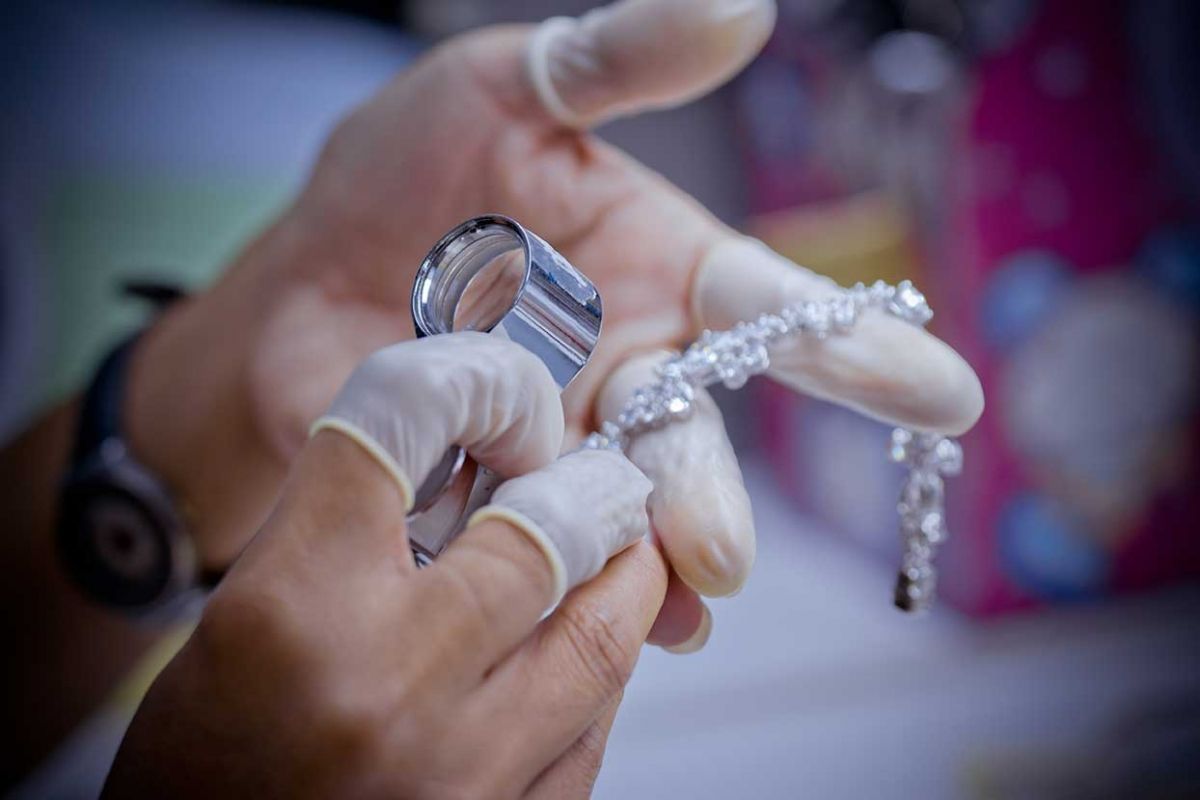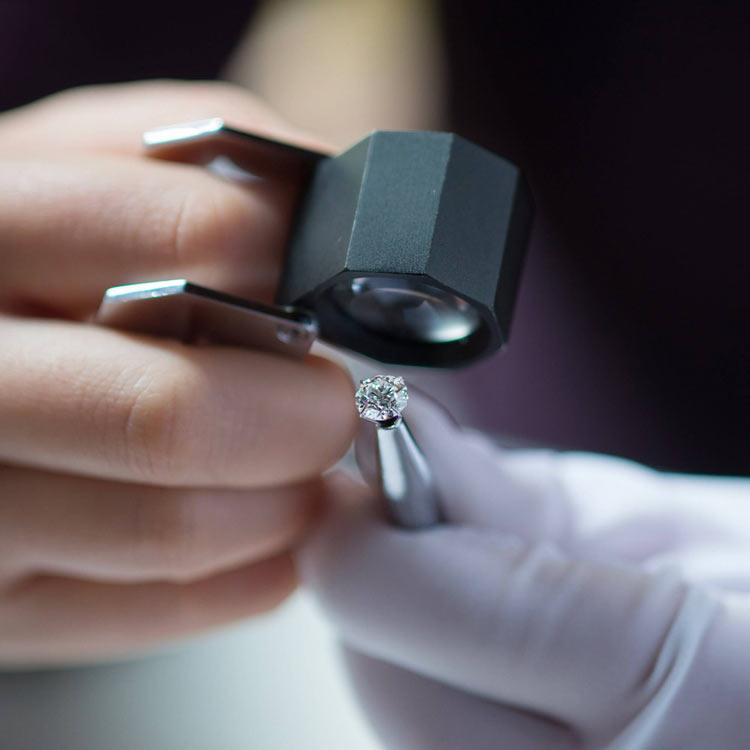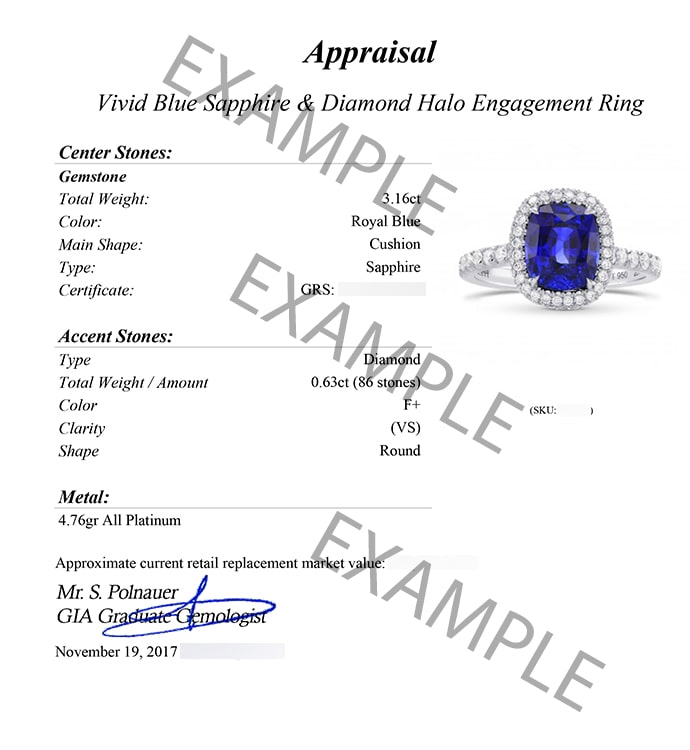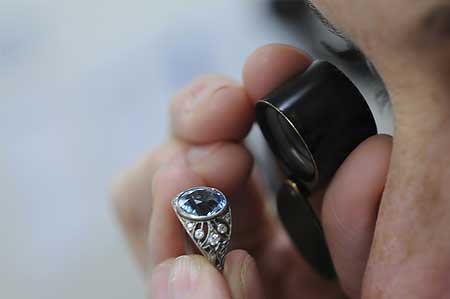Unveiling The Value: A Comprehensive Guide To Jewellery Valuation Costs
Unveiling the Value: A Comprehensive Guide to Jewellery Valuation Costs
Related Articles: Unveiling the Value: A Comprehensive Guide to Jewellery Valuation Costs
Introduction
With enthusiasm, let’s navigate through the intriguing topic related to Unveiling the Value: A Comprehensive Guide to Jewellery Valuation Costs. Let’s weave interesting information and offer fresh perspectives to the readers.
Table of Content
Unveiling the Value: A Comprehensive Guide to Jewellery Valuation Costs
Jewellery, with its enduring beauty and emotional significance, often holds substantial monetary value. Determining this value accurately is crucial for various purposes, from insurance and estate planning to sale and inheritance. This guide delves into the intricacies of jewellery valuation costs, providing a comprehensive understanding of the factors influencing pricing and the benefits of seeking professional appraisal.
Factors Influencing Jewellery Valuation Costs
The cost of jewellery valuation is not a fixed amount, but rather a dynamic figure influenced by several key factors:
- Type and Complexity of Jewellery: The intricacy of the piece, its materials, and craftsmanship significantly impact the valuation process. For instance, a simple gold chain might require a shorter appraisal time compared to a complex diamond necklace with intricate settings.
- Gemstones and Materials: Gemstones, particularly diamonds, require specialized expertise and advanced equipment for accurate grading and valuation. The rarity, quality, and size of gemstones directly influence the cost. Precious metals like gold, platinum, and silver also have varying market values, affecting the appraisal fee.
- Historical Significance and Provenance: Antique or vintage jewellery often carries additional value due to its historical significance and provenance. Researching the piece’s origin and potential historical connections can add complexity and cost to the valuation process.
- Appraiser’s Expertise and Reputation: Appraisers with specialized knowledge and experience in specific jewellery types, like antique jewellery or high-end gemstones, command higher fees. Their reputation and accreditation within the industry also contribute to their pricing.
- Location and Market Conditions: The cost of living in a particular region and the current market value of precious metals and gemstones can influence valuation fees. Appraisers in major cities or specialized markets may charge higher rates due to increased demand and overhead.
- Purpose of Valuation: The intended use of the appraisal impacts the level of detail required. A valuation for insurance purposes might necessitate a more comprehensive report than one for estate planning.
Understanding the Cost Structure
Jewellery valuation fees typically encompass the following components:
- Appraisal Fee: This is the primary cost, reflecting the appraiser’s time, expertise, and resources invested in examining the piece. The fee is often calculated based on the value of the jewellery or a combination of value and complexity.
- Travel Expenses: If the appraisal requires the appraiser to travel to the client’s location, travel expenses might be added to the overall cost.
- Laboratory Fees: For intricate pieces or those requiring specialized testing, laboratory fees might be incurred for gemstone analysis, metal testing, or other scientific examinations.
- Insurance and Liability: Some appraisers may include insurance and liability costs in their fees to cover potential damage or loss during the appraisal process.
Typical Valuation Costs
Providing an exact cost range for jewellery valuation is challenging due to the varying factors discussed above. However, it’s helpful to understand general cost structures:
- Basic Jewellery Valuation: For simple pieces like rings, chains, or earrings with minimal gemstones, valuation costs can range from $50 to $200.
- Mid-Range Jewellery Valuation: More complex pieces with multiple gemstones, intricate settings, or historical significance might cost between $200 and $500.
- High-End Jewellery Valuation: Valuations for valuable pieces with rare gemstones, significant historical value, or intricate designs can exceed $500 and potentially reach several thousand dollars.
Benefits of Professional Jewellery Valuation
Investing in a professional jewellery appraisal offers numerous advantages:
- Accurate Assessment of Value: A qualified appraiser provides an objective and accurate assessment of the piece’s market value, considering its inherent qualities, condition, and current market trends.
- Documentation for Insurance: A detailed appraisal report serves as valuable documentation for insurance purposes, ensuring adequate coverage in case of loss or damage.
- Estate Planning and Inheritance: Appraisals are essential for estate planning and inheritance purposes, providing accurate valuations for tax purposes and ensuring fair distribution of assets.
- Sale and Negotiation: A professional appraisal provides a solid foundation for negotiating a fair price when selling jewellery or settling an estate.
- Historical Documentation: For antique or vintage pieces, appraisals can provide valuable historical documentation, shedding light on the piece’s origin, maker, and potential historical significance.
- Peace of Mind: Knowing the true value of your jewellery provides peace of mind and allows you to make informed decisions regarding its care, insurance, and potential sale.
FAQs about Jewellery Valuation Costs
1. What is the difference between an appraisal and an evaluation?
An appraisal is a formal assessment of a piece’s value by a qualified professional, resulting in a detailed report that can be used for insurance, estate planning, or legal purposes. An evaluation, on the other hand, is a less formal assessment that might be conducted by a jeweller or pawnbroker, providing a general estimate of value.
2. How do I choose a qualified jewellery appraiser?
Look for an appraiser with the following credentials:
- Accreditation: Membership in reputable organizations like the American Society of Appraisers (ASA) or the Gemological Institute of America (GIA) signifies professional standards and ethics.
- Expertise: Seek an appraiser specializing in the type of jewellery you need appraised, whether it’s antique jewellery, diamonds, or other gemstones.
- Experience: Look for an appraiser with a proven track record and experience in valuing similar pieces.
- Recommendations: Ask for recommendations from trusted sources, such as other collectors, jewellers, or estate attorneys.
3. How often should I get my jewellery appraised?
The frequency of appraisals depends on several factors:
- Value of the jewellery: High-value pieces should be appraised more frequently, ideally every 3-5 years.
- Market fluctuations: Changes in the market value of precious metals and gemstones might necessitate more frequent appraisals.
- Insurance requirements: Some insurance policies may require regular appraisals for coverage purposes.
- Estate planning: Appraisals are generally recommended every 5-10 years for estate planning purposes.
4. What information should I provide to the appraiser?
To ensure a comprehensive appraisal, provide the following information:
- Purchase details: Date of purchase, seller, and purchase price.
- Any documentation: Original receipts, certificates, or other documentation related to the piece.
- Previous appraisals: If available, provide copies of previous appraisal reports.
- Any specific purpose: Inform the appraiser about the intended use of the appraisal, whether it’s for insurance, estate planning, or sale.
5. Are there any tips for saving on appraisal costs?
While professional appraisals are essential, consider these tips to minimize costs:
- Shop around: Compare fees from different appraisers in your area to find the most competitive rates.
- Consider online appraisal services: Some reputable online platforms offer appraisal services at a lower cost than traditional appraisers.
- Combine appraisals: If you have multiple pieces to appraise, inquire about discounted rates for multiple appraisals.
- Negotiate fees: If you have a large collection or require multiple appraisals, discuss potential discounts with the appraiser.
Conclusion
Understanding jewellery valuation costs is crucial for making informed decisions regarding your precious possessions. By considering the factors influencing appraisal fees, choosing a qualified appraiser, and understanding the benefits of professional valuation, you can ensure that your jewellery is accurately assessed and protected for years to come. Whether you’re seeking insurance coverage, planning an estate, or considering a sale, a professional appraisal provides invaluable insights into the true value of your cherished pieces.








Closure
Thus, we hope this article has provided valuable insights into Unveiling the Value: A Comprehensive Guide to Jewellery Valuation Costs. We hope you find this article informative and beneficial. See you in our next article!
You may also like
Recent Posts
- The Allure Of Cubic Zirconia: A Comprehensive Guide To Its Beauty And Versatility
- The Evolution Of Jewelry Design: Embracing The Power Of CAD
- Corfe Castle: A Journey Through Time In The English Countryside
- Restoring A Precious Symbol: Repairing A Cut Ring
- A Comprehensive Guide To Silver Jewelry In Chennai: Unveiling The City’s Silver Treasures
- A Glimpse Into Kolkata’s Golden Legacy: Exploring City Gold Jewellery
- Navigating The Landscape Of Charitable Giving: Supporting Local Communities In The Wake Of COVID-19
- Corfe Castle And Village: A Journey Through Time

Leave a Reply